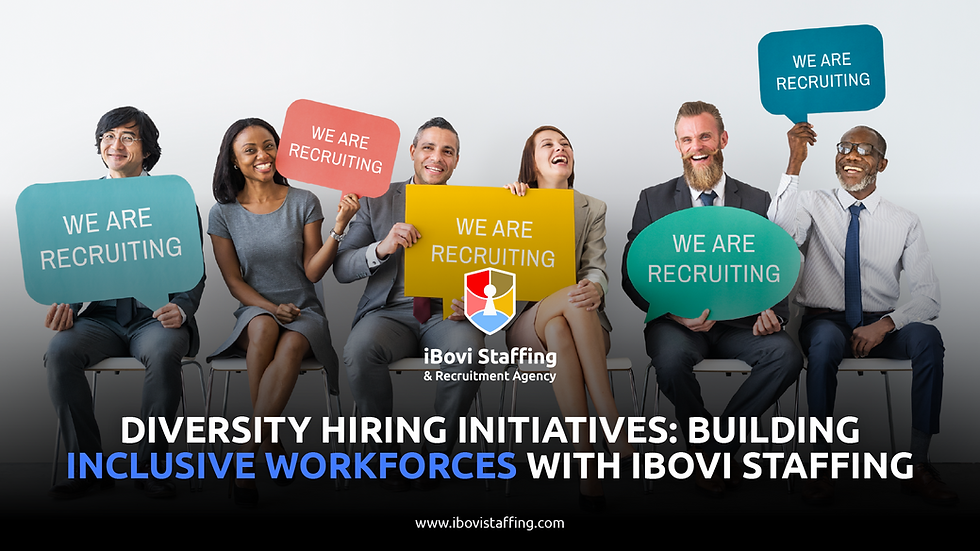How to Achieve the Best Work-Life Balance
- Arnim Sharma

- Jul 10, 2024
- 5 min read
Updated: Feb 26
Table of Contents:
Introduction
In today's fast-paced world, achieving a healthy work-life balance is more crucial than ever. The concept of work-life balance is essential for maintaining mental and physical health, improving productivity, and fostering overall well-being. This comprehensive guide delves into what work-life balance is, its importance, and practical tips for achieving it.
What is Work-Life Balance
Work-life balance refers to the equilibrium between professional work and personal life. It means allocating time effectively to fulfill work responsibilities while also having enough time for personal activities, family, and self-care.
Defining Work-Life Balance
Time Management: Allocating specific hours for work and personal life.
Flexibility: The ability to adjust work hours to fit personal needs.
Boundaries: Setting clear limits to prevent work from encroaching on personal time.
Types of Work-Life Balance
Segmented Balance: Strictly separating work and personal life.
Integrated Balance: Blending work and personal life in a harmonious way.
Cyclical Balance: Adjusting focus between work and personal life based on current priorities.
Importance of Work-Life Balance
Work-life balance is vital for several reasons. It helps prevent burnout, reduces stress, and enhances overall life satisfaction.
Why is Work-Life Balance Important
The importance of work-life balance cannot be overstated. It affects not only your professional performance but also your personal well-being. When you achieve a balance between work and personal life, you are more likely to feel fulfilled, energized, and motivated.
Mental Health: Reduces stress and anxiety. Chronic stress from an imbalanced work-life situation can lead to mental health issues such as anxiety and depression. By achieving a healthy balance, you can reduce stress levels and improve your overall mental health.
Physical Health: Prevents exhaustion and burnout. Overworking can lead to physical health problems such as fatigue, headaches, and sleep disorders. Maintaining a balance allows your body to rest and recover, reducing the risk of burnout and other health issues.
Productivity: Increases efficiency and focus at work. When you are well-rested and not overwhelmed by work, you are more productive and efficient. This means you can accomplish more in less time, leading to better performance and job satisfaction.
Relationships: Improves personal and family relationships. Work-life balance is crucial for maintaining healthy relationships with family and friends. By dedicating time to your loved ones, you can build stronger bonds and enjoy a more fulfilling personal life.
The Role of Employers
Employers play a crucial role in promoting work-life balance by offering flexible work hours, remote work options, and wellness programs.
Impact on Society
A society with a healthy work-life balance tends to be more productive, happier, and healthier, leading to overall societal benefits.
Also Read: 7 Awesome Workplace Productivity Hacks!
Benefits of Work-Life Balance
Achieving a balance between work and personal life offers numerous benefits.
Personal Benefits
Improved Health: Better physical and mental well-being.
Increased Happiness: More time for hobbies and leisure activities.
Enhanced Relationships: More quality time with family and friends.
Professional Benefits
Higher Productivity: More focused and effective work.
Reduced Absenteeism: Less sick leave and burnout.
Increased Job Satisfaction: Greater satisfaction with one’s job and career.
Organizational Benefits
Employee Retention: Higher employee retention rates.
Company Reputation: Improved employer branding and reputation.
Enhanced Collaboration: Better teamwork and collaboration.
Challenges in Achieving Work-Life Balance
Many people struggle to achieve a balance due to various challenges.
Common Challenges
High Workload: Excessive job demands and responsibilities.
Lack of Flexibility: Rigid work schedules.
Technological Distractions: Constant connectivity and digital interruptions.
Societal Pressures
Societal expectations and cultural norms can also pressure individuals to prioritize work over personal life.
Economic Factors
Economic instability and job insecurity can force individuals to work longer hours, affecting their work-life balance.
Tips for Achieving Work-Life Balance
Implementing effective strategies can help in balancing work and personal life.
Prioritize Tasks: Focus on what’s important and urgent. Prioritizing tasks helps you manage your time more effectively. Focus on completing high-priority tasks first, and delegate or postpone less important ones.
Set Boundaries: Clearly define work and personal time. Setting boundaries is essential for maintaining a work-life balance. Communicate your availability to your employer and colleagues, and stick to your defined work hours.
Take Breaks: Regular breaks to recharge and refresh. Taking regular breaks throughout the day can help prevent burnout and maintain productivity. Use breaks to rest, stretch, and recharge your energy.
Delegate Tasks: Share responsibilities at work and home. Delegating tasks can help reduce your workload and free up time for personal activities. At work, delegate tasks to colleagues or team members. At home, share responsibilities with family members.
Learn to Say No: Avoid overcommitting to work or personal obligations. Learning to say no is crucial for maintaining balance. Avoid taking on too many commitments that can lead to stress and burnout.
Mindfulness and Self-Care
Meditation: Practice mindfulness and meditation to reduce stress.
Exercise: Regular physical activity to maintain health.
Healthy Eating: Balanced diet to sustain energy levels.
Technological Aids
Time Management Apps: Use apps to manage and track time.
Automation Tools: Automate repetitive tasks to save time.
Communication Tools: Effective use of communication tools to stay connected without being overwhelmed.
How to Balance Work and Life
Finding the right balance requires continuous effort and adjustments.
Strategies for Balancing Work and Life
Flexible Work Arrangements: Seek jobs with flexible hours or remote work options.
Time Management Skills: Use tools and techniques to manage time effectively.
Self-Care: Prioritize activities that promote well-being and relaxation.
Work-Life Balance Programs
Many companies offer programs designed to help employees balance their work and personal lives.
Role of Technology
Technology can be both a hindrance and a help. Use it wisely to enhance productivity and maintain balance.
How to Maintain a Healthy Work-Life Balance
Maintaining balance is an ongoing process that involves regular self-assessment and adjustments.
Long-Term Maintenance Tips
Regular Review: Periodically assess your work-life balance.
Adapt to Changes: Be flexible and adapt to life’s changes and demands.
Seek Support: Don’t hesitate to seek help from family, friends, or professionals.
Overcoming Setbacks
Everyone faces setbacks. Learn from them and adjust your strategies accordingly.
Building a Support System
Having a support system of family, friends, and colleagues can help maintain a healthy balance.
Conclusion
Achieving work-life balance is essential for both personal well-being and professional success. By understanding its importance and implementing practical strategies, individuals can lead a more fulfilling and productive life.
FAQs
What is work-life balance?
Work-life balance refers to the equilibrium between professional duties and personal activities, ensuring neither is neglected.
Why is work-life balance important?
It is crucial for mental and physical health, improving productivity, and enhancing personal relationships.
How can I achieve a healthy work-life balance?
Set priorities, establish boundaries, take regular breaks, and seek flexible work arrangements.
What are some jobs with good work-life balance?
Careers in healthcare, technology, and education often offer better work-life balance opportunities.
How do I maintain work-life balance in the long term?
Regularly review your balance, adapt to changes, and seek support when needed.
This comprehensive guide provides a detailed understanding of work-life balance and offers practical advice to achieve and maintain it. By following these strategies, individuals can enjoy a healthier and more balanced life.






Comments